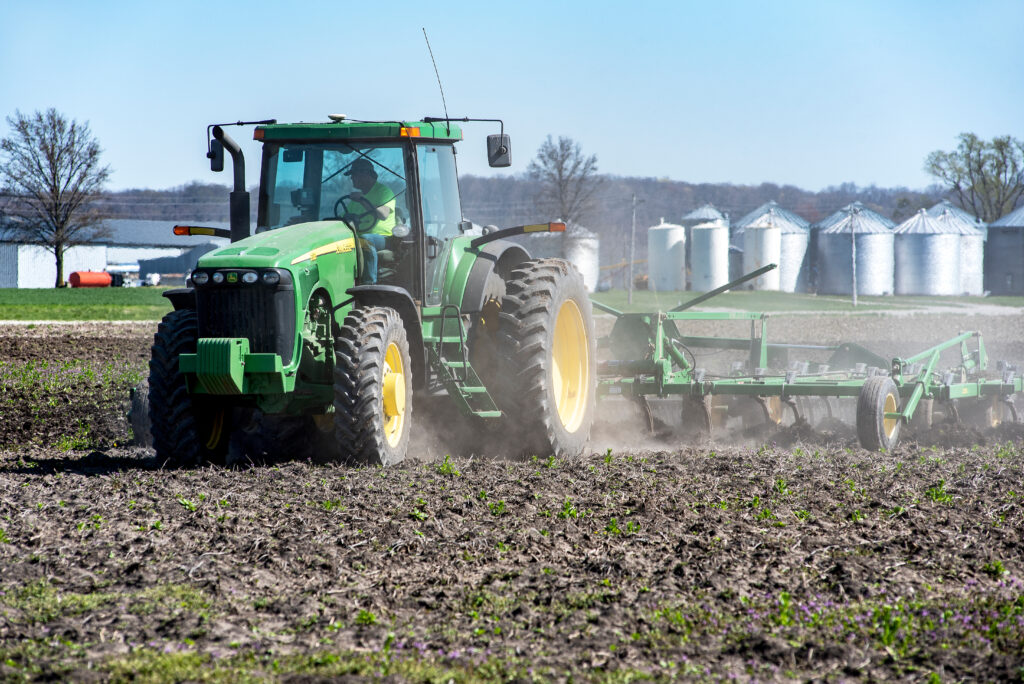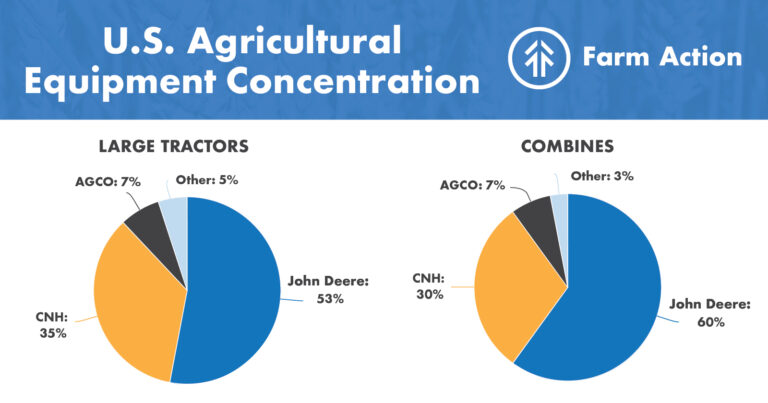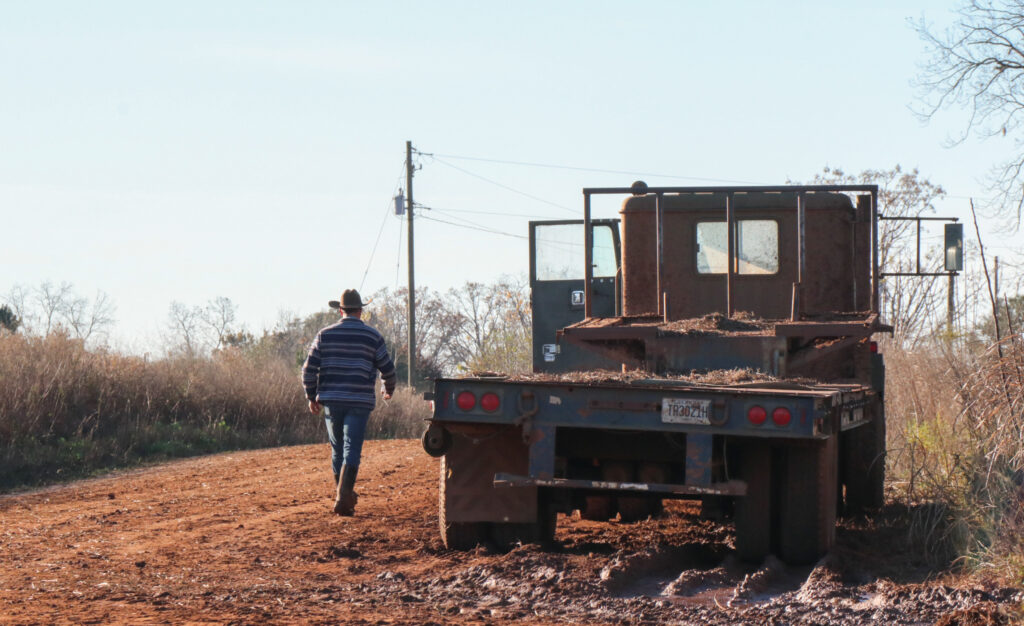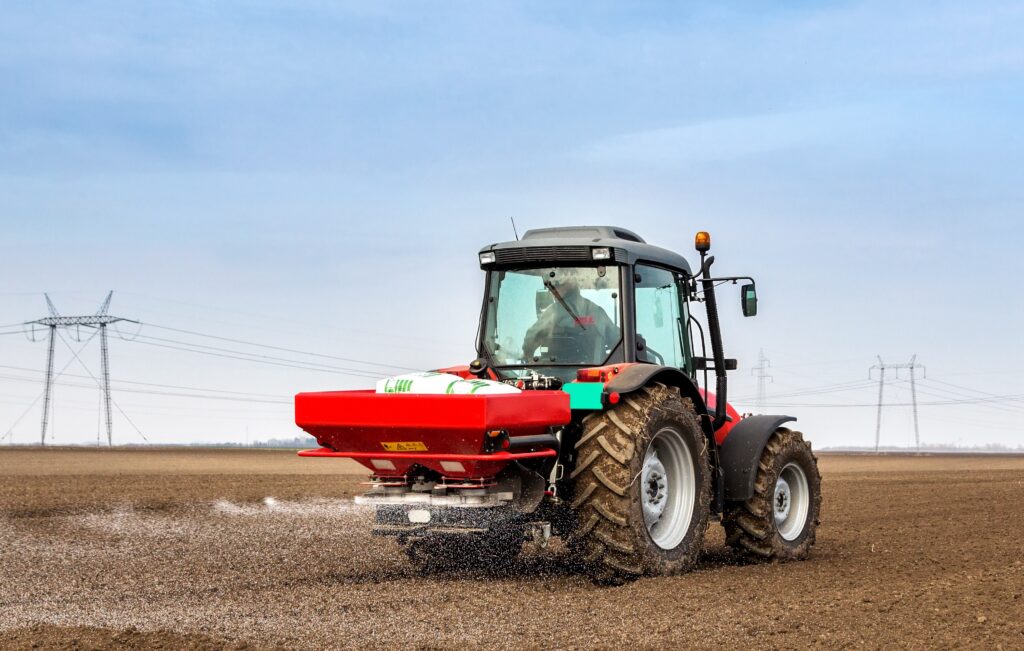In the first four parts of The Food Monopoly Files, we exposed how corporate consolidation has gripped nearly every part of our food system—from meatpacking to seeds, pesticides, and fertilizer. Now we turn to the machines that keep farms running—and the latest frontier of monopoly control.
Once again, a handful of corporations are holding America’s farmers hostage.
Two Giants, Total Control
Today, just two companies—John Deere and CNH Industrial—dominate the farm machinery market. Together, they control nearly 90% of the U.S. markets for large tractors and combines.
For generations, a tractor was a symbol of independence—a tool that helped farmers work their own land on their own terms. But now, these same machines have become vehicles of control. Deere and CNH have locked farmers out of their own equipment by restricting access to the software, diagnostics, and repair tools needed to fix their machinery.
The result: When a sensor trips or an error code appears, farmers are forced to spend valuable time and money waiting days or even weeks—and pay steep costs—for “authorized” dealership repairs. But this system doesn’t just hurt farmers. It also drives local, independent mechanics out of business, stripping rural communities of jobs and the skilled trades that once kept rural economies running.
Locked Out of Their Own Equipment
These repair restrictions have created a modern form of corporate dependency. Farmers spend hundreds of thousands of dollars on equipment they legally own but cannot fully control. Dealers can charge thousands for software unlocks or simple diagnostics that could be done by farmers themselves or by independent mechanics if they were allowed access.
The consequences can be catastrophic. When a machine breaks down during planting or harvest, waiting days for an authorized technician can jeopardize an entire season’s crop. This isn’t just an inconvenience—it’s economic sabotage disguised as “innovation.”
A System Rigged Against Farmers
Deere and CNH claim these restrictions are about safety and protecting proprietary technology. But in reality, they’re about protecting profits. Software locks and restrictive licensing agreements ensure farmers must return to corporate dealers again and again, funneling money upward and putting local repair shops out of business.
Meanwhile, prices for new equipment continue to soar. Between 2021 and 2023 alone, prices of new agricultural equipment increased by over 20%, while the repair and service monopolies ensure those costs don’t end with the sale. The price of repairs has also climbed sharply in recent years, leaving farmers paying more not just to buy their machinery, but to keep it running. According to company filings, Deere and its dealers make three to six times more profit from parts and repairs than from selling new machinery. Ending these repair restrictions could save farmers $4.2 billion each year.
For smaller and mid-sized farms, the situation is especially dire. Because both farmers and more affordable independent mechanics are denied access to the diagnostic tools needed for repairs, many can’t keep their machinery running—pushing them deeper into debt or out of business altogether.
The Right to Repair Movement
Farmers are rising up to reclaim control of their equipment. Across the country, they’re leading the charge for Right to Repair laws that would require equipment manufacturers to make diagnostic tools, software, and parts available to owners and independent mechanics.
In recent years, growing pressure from farmers, advocates, and policymakers has started to yield results. Colorado became the first state to pass a law guaranteeing farmers the right to repair their own equipment, and similar bills have been introduced in more than a dozen other states. These state-level wins are part of a broader shift toward accountability. Following a petition from Farm Action and other farm organizations, the Federal Trade Commission sued John Deere for its restrictive repair practices. If the agency finds that Deere violated antitrust laws, it could order the company to stop withholding repair information, end its repair restrictions, and pay monetary penalties.
Still, the fight is far from over. In response to public pressure, companies like Deere and CNH have introduced limited repair agreements that fall short of true reform, keeping farmers locked out of the digital tools they need. Until policy ensures full access to software and data, these voluntary steps will leave the market—and farmers—at the mercy of corporate gatekeepers.
Restoring Fairness in the Machinery Market
The farm machinery market is a textbook example of how monopoly power extracts wealth from rural communities while stripping farmers of autonomy. It’s not just about who sells the tractors—it’s about who controls the tools farmers need to stay in business.
Breaking this cycle will require strong antitrust enforcement, robust right-to-repair protections, and policies that support local manufacturing and independent service providers. Farmers should have the freedom to fix their own equipment—not rely on a corporate monopoly every time something breaks.
Farm Action is fighting to expose how machinery monopolies keep farmers trapped, and to ensure that owning your tools still means having the right to use and repair them freely.
This post, like the rest of our Food Monopoly Files series, draws from Kings Over the Necessaries of Life, our landmark investigation into how monopoly power reshaped U.S. agriculture. Next up, we’ll look at the final link in the monopoly chain: how corporate consolidation in grocery retail dictates what farmers earn, what consumers pay, and what ends up on our shelves.





